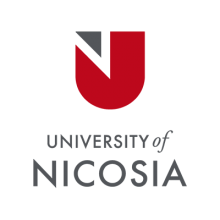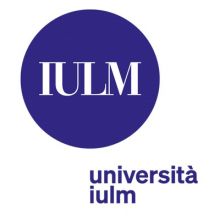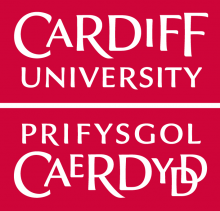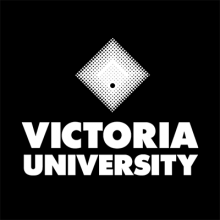
The director of Google’s Digital Academy has revealed a new talent test for the next generation of leaders, writing in the World University Rankings 2015-16 supplement released on 30 September.
Shuvo Saha, who recruits and works with ambitious graduates from all over the world, refers to this new type of talent as “cultural intelligence” or “CQ”.
The most successful graduates already display the key skills that make up cultural intelligence, but Mr Saha believes that employers should actively recruit and nurture students with these qualities.
“CQ is about having a thirst to learn from people who are not like you,” he wrote.
“Of course it is about learning from different cultures in different countries, but equally, it could be about different cultures in different companies and sectors, even departments in the same company.”
Through his work running Google’s Squared programme for rising talents in the marketing industry, Mr Saha has identified the key traits that the best graduates share.
Self-awareness is of fundamental importance, since successful students “learn consciously about how they lead – and how they don’t”. They continuously reflect on their own development and actively seek feedback.
Just as important is openness to collaboration and learning from others. Mr Saha notices that the talented graduates are all “connectors” who build relationships with people who have had different experiences, learning from them and offering their own perspective too.
Another strand of cultural intelligence is the ability to embrace and thrive off uncertainty.
According to both Mr Saha and dean of Harvard College Rakesh Khurana, those graduates who are motivated by “our brave new world and its contradictions” and manage to find direction in ambiguity are exactly those who will come out on top.
To develop these skills, it is important to take up leadership roles outside an academic setting.
Connections, collaborations and flexibility are fostered when a diverse group of students work together and learn from each other.
These traits, perhaps more than any specific degree, will pave the way for student leaders to push boundaries in their future careers.























